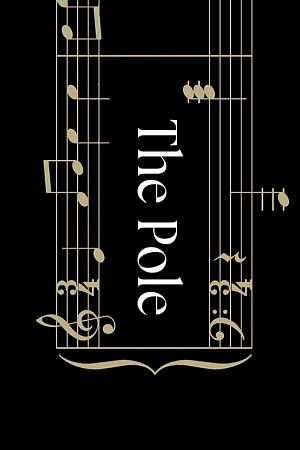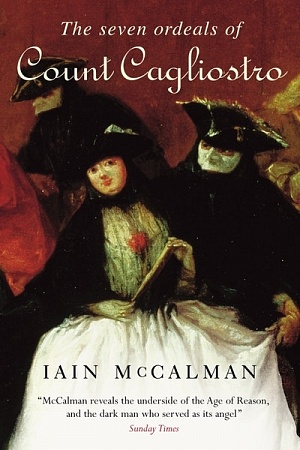The Art of the Engine Driver
Flamingo, $20.95 pb, 278 pp, 0 7322 7057 X
The Art of the Engine Driver by Stephen Carroll & Summerland: A Novel by Malcolm Knox
If history is a graveyard of dead aristocracies, the novel is their eulogy. It is now, for instance, a critical commonplace to explain the young Proust’s entry into the closed world of France’s nobility as an occurrence made possible by its dissolution. Close to death, holding only vestigial power, the fag ends of the ancien régime lost the will or energy to keep their secrets. Proust’s social talent, as opposed to his literary genius, was to be in the right place at the right time – to be under the tree, waiting, when the fruit of that intelligence fell.
We’ve never really had an Australian equivalent – until now. Not because, as it has long been argued, Australia is a classless society; its social strata are marbled with subtle discriminations and always have been. But, prior to Summerland, the upper reaches of that society were impermeable and omnipresent – and so seemingly invisible to fiction. Here is the novelty and fascination of Malcolm Knox’s first novel: the world he anatomises, with its QCs and charity matrons, their suburban stupor and genteel decadence, has, in revealing itself, admitted a decline.
Although the narrative is given exoskeletal sheen by a documentary vividness and factual rigour drawn from his years as a journalist, Summerland’s metafictional centre betrays Knox’s wider ‘literary’ ambitions. Two novels in particular inform the work: F. Scott Fitzgerald’s The Great Gatsby and Ford Madox Ford’s The Good Soldier. The latter furnishes Summerland with a good deal of its plot, and tone, too. Richard, a successful Sydney lawyer in his thirties, recalls the novel’s events in sodden retrospect, his whisky-fuelled meanderings reflecting the digressions, backtrackings and revelations employed by Madox Ford. In the course of a single night, a lifetime of friendship is recounted with Hugh Bowman, an Ashburnham-like aristocrat and weak-spirited heir of an old pastoral family; a man whose impregnable wealth, background, and charm have propped him up through a youth and adulthood of criminal behaviour, drunkenness, lassitude, and, most terribly for Richard, betrayal.
Continue reading for only $10 per month. Subscribe and gain full access to Australian Book Review. Already a subscriber? Sign in. If you need assistance, feel free to contact us.












Leave a comment
If you are an ABR subscriber, you will need to sign in to post a comment.
If you have forgotten your sign in details, or if you receive an error message when trying to submit your comment, please email your comment (and the name of the article to which it relates) to ABR Comments. We will review your comment and, subject to approval, we will post it under your name.
Please note that all comments must be approved by ABR and comply with our Terms & Conditions.